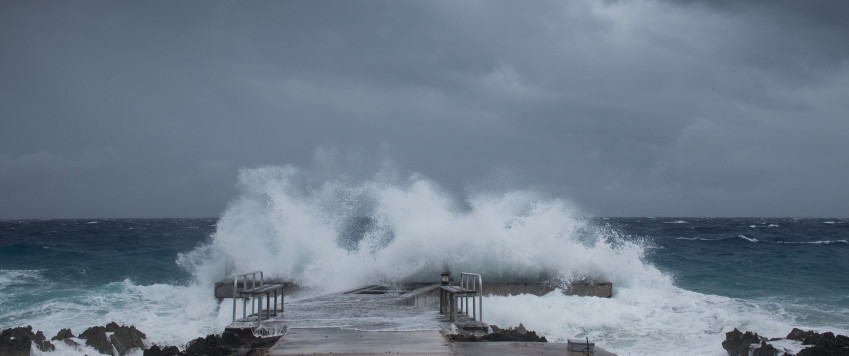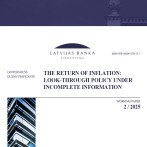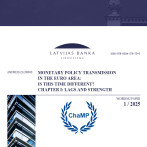Support measures and energy reserves protect the economy against swaying stronger

Amidst a hurricane of energy prices, the economy is protected against swaying stronger by support measures aimed at helping households and businesses, even though in the third quarter some of them only involved promises and expectations. Although a shoulder of support was already partially evident, the new heating bills are yet to arrive for many and the gross domestic product (GDP) is already witnessing a noticeable shock. In accordance with the flash estimate of the Central Statistical Bureau (CSB), it dropped 1.7% in the third quarter compared to the second quarter (at constant prices according to seasonally and calendar adjusted data).
Expectations and hopes alone could not have been able to back the population's opportunities to cover expenses during the third quarter. Most likely, help was ensured by the measures in place since July and aimed at mitigating the energy cost burden, including an earlier pension indexation as well as the opportunity to use savings. The card payment data published by Latvijas Banka show that the overall spending in the third quarter slightly exceeded the second quarter's level in nominal terms; however, following a temporary contraction in July and August, household deposits reached a new record in September. It should be noted that the "cushion" of average savings is not equally thick and soft in all its corners and will not be able to absorb a prolonged cost increase burden (and the related "wear" of purchasing power). Therefore, the consumption dynamics is expected to be modest in the fourth quarter.
In real terms, the "wear" of purchasing power is already gradually materialising in the retail trade development. Yet, according to the CSB data, retail trade turnover at constant prices grew slightly (by 1.2%) in September, and positive dynamics was experienced by most commodity groups, including in the trade of household electrical appliances that was possibly also facilitated by the population's desire to safeguard itself against delays in the provision of heating. Meanwhile, the growth of retail trade was not witnessed in the third quarter overall: the drop of 0.7% during the quarter can be partially explained by greater cautiousness of households in the previous months and the shrinking purchasing power. The redirection of expenditure to the consumption of services that was not fully implemented during the pandemic currently seems to be a less reasonable explanation, taking into account the statistical data on the services sectors for July and August published by the CSB: the "tide" of the second quarter in, for instance, accommodation and air traffic services, has already been replaced by an "ebb".
Until now, manufacturing has been supported by a stable export demand and materials stocked in a timely manner (thus boosting imports). However, the outlook of international institutions, for example, the International Monetary Fund, on the global economic growth has weakened; this does not suggest a rose-strewn path for manufacturing and exports of goods. Furthermore, the rise in relative costs might also make the path rockier, thus weakening competitiveness.
A certain inner peace of economic agents (artistically interpreting the data on consumer and business confidence that, according to the data reflected in the European Commission's October surveys, has not substantially changed) has been possibly achieved not only by the awareness of government support available for the reduction of energy cost burden, but also a gradual increase in natural gas reserves in Inčukalns underground gas storage facility (IPGK) and the news that the capacities of Klaipeda liquefied gas terminal are available to AS Latvenergo. This news is supplemented with the fact that a liquefied natural gas terminal has been freshly put into operation in Finland. Nevertheless, according to the data published by the CSB in July and August on the industrial sector and the data on electricity production in the third quarter, the energy sector still operated at spare capacity during the third quarter.
The availability of support measures should not alleviate concerns about investment in energy efficiency and energy independence, and the news published by several companies suggest that the amount of such investment in Latvia could be quite significant in the coming years. Around that time, the sky will already be bluer and the grass greener; however, in the coming quarters the cost impact will result in both weaker consumption and still hesitant private investment.
Textual error
«… …»






